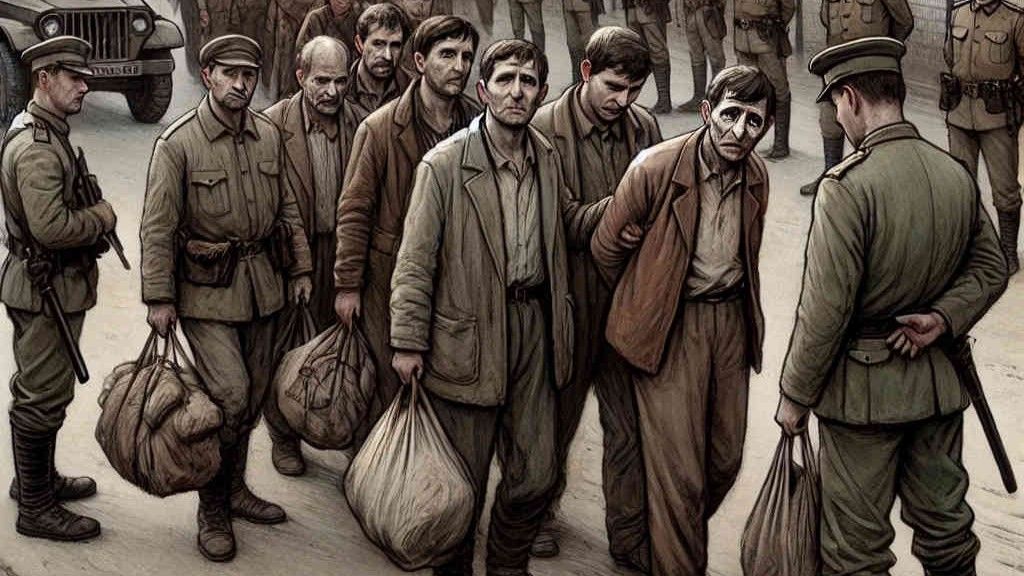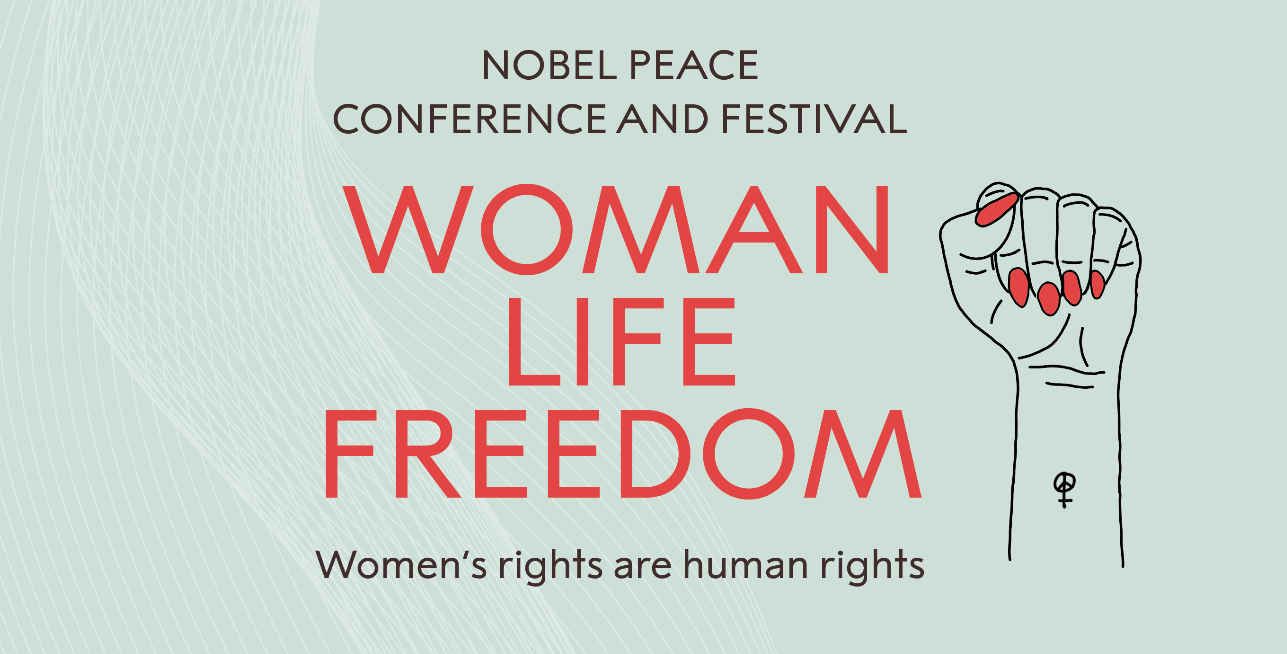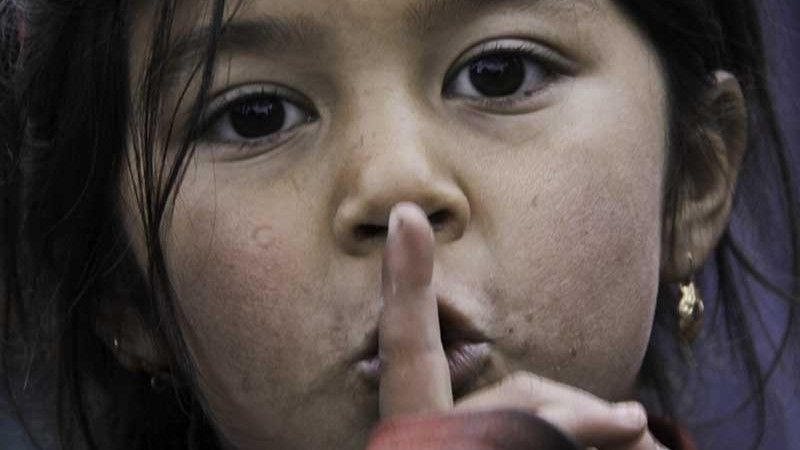Germania: rimpatrio forzato per afghani che hanno già scontato condanne con pene brevi
Il 30 agosto un gruppo di 28 cittadini afghani è stato espulso dalla Germania e rimpatriato in Afghanistan. La stampa non ha riportato notizie di manifestazioni di protesta contro tale misura e i giornali sono quasi unanimi nella loro approvazione dell’azione del ministero dell’interno tedesco in collaborazione con la maggior parte dei Länder (11), affermando come siano stati espulsi criminali pericolosi già condannati e che avevano già scontata tutta o parte della pena; alcuni sono stati prelavati direttamente dal carcere.
In molti giornali vengono riportati i crimini di cui si erano macchiati (stupri, violenze a sfondo sessuale, assalti armati con coltello, mentre su un solo giornale si legge che alcuni avevano condanne per spaccio di droga). In realtà la maggior parte era stata condannata a pene relativamente brevi (2-5 anni), mentre dai titoli dei maggiori quotidiani si ha l’impressione che si trattasse di veri e propri pericoli pubblici. In particolare, viene dato risalto all’espulsione di un uomo che alcuni anni fa aveva partecipato a uno stupro di gruppo su una quattordicenne; in realtà però costui aveva già scontato la sua pena (aveva avuto soltanto 2 anni di reclusione).
Clima pesante per gli immigrati in una Germania che vira verso l’estrema destra
L’azione, che ha avuto luogo solo due giorni prima delle elezioni politiche nei Länder della Sassonia e della Turingia, sarebbe stata in realtà in preparazione da circa due mesi. La Germania si è avvalsa dell’appoggio del Qatar: l’aereo partito da Lipsia era del Qatar, e a bordo non c’erano forze di sicurezza tedesche ma qatariote. In questo modo la Germania può affermare di non aver trattato direttamente con i talebani e di non aver avuto nessun rapporto diretto con loro.
Il rimpatrio si inserisce in un clima nazionale nel quale l’immigrazione ed i problemi ad essa collegati sono diventati temi attuali e scottanti. In particolare, negli ultimi mesi l’opinione pubblica è stata scossa da due episodi di violenza di cui sono stati protagonisti dei rifugiati. Alla fine di maggio a Mannheim durante una manifestazione anti-islam un afghano incensurato ha attaccato con un coltello alcune persone, uccidendo un poliziotto; bersaglio dell’attentato era un noto attivista di destra, che si preparava a fare un discorso. In quell’occasione il Cancelliere Scholz aveva parlato dell’intenzione di deportare gli autori di gravi crimini, anche se provenienti da paesi come Afghanistan e Siria.
Il 23 agosto a Solingen durante i festeggiamenti per il 650° anniversario della nascita della città un cittadino siriano armato di coltello ha ucciso tre persone e ne ha ferite altre otto “per vendicare i mussulmani in Palestina e ovunque”. Grandi polemiche ha suscitato il fatto che già nel 2023 l’attentatore avrebbe dovuto essere espulso e rimandato in Bulgaria in base agli accordi del Trattato di Dublino 3, ma che per motivi burocratici l’espulsione non aveva poi avuto luogo.
A seguito degli attentati, e soprattutto di quello del 23 agosto, è aumentata da più parti la pressione sul governo perché metta in atto politiche per limitare l’immigrazione e garantire la sicurezza del paese. Negli ultimi giorni, sempre sull’onda delle reazioni per l’attentato a Solingen, il governo tedesco ha approvato un pacchetto di misure per limitare il diritto d’asilo e da lunedì 16 settembre verranno ripristinati – per sei mesi – i controlli alle frontiere tedesche (scavalcando Schengen).
La Germania intende anche continuare la politica dei rimpatri forzati. In base a voci che la Ministra Federale dell’Interno Nancy Faeser non ha né confermato né smentito, la sua attuale visita in Uzbekistan assieme al Cancelliere Scholz avrebbe anche come obiettivo quello di rendere possibil rimpatri nel confinante Afghanistan evitando rapporti diretti con i talebani.
Nel frattempo, i partiti di opposizione utilizzano il tema dell’immigrazione per profilarsi e attaccare la politica del governo. Alle ultime elezioni europee il partito di estrema destra AfD, che fa dell’opposizione all’immigrazione uno dei temi centrali della propria politica, ha raggiunto il secondo posto in Germania con il 15,9% dei voti. Il crescente consenso per questo partito è stato rispecchiato anche dai risultati delle elezioni politiche del 1° settembre in Turingia ed in Sassonia, due soli giorni dopo il rimpatrio dei cittadini afghani: l’AfD è risultato il primo partito in Turingia e il secondo in Sassonia (per una manciata di voti), mentre ottimi risultati ha avuto anche il nuovo partito populista fortemente anti-immigrazione denominato Alleanza Sahra Wagenknecht.
Il fallimento dello stato di diritto
Mentre dal panorama politico non si sentono voci contrarie alle espulsioni, critiche decise sono arrivate dalle organizzazioni per i diritti umani.
La segretaria di Amnesty International Germania ha criticato l’espulsione verso un Paese che pratica la tortura e non rispetta i diritti umani, affermando che con le deportazioni in Afghanistan la Germania rischia di diventare complice dei talebani. Pro-Asyl, che teme che questi rimpatri passano essere un primo passo verso la normalizzazione dei rapporti con i talebani, ha parlato di “fallimento dello stato di diritto” e ha ricordato che in Afghanistan nel solo mese di giugno più di 60 persone sono state frustate con l’accusa di omosessualità. L’organizzazione umanitaria Medico International ha parlato di un governo che in un clima di populismo di destra va a caccia di voti “sulla pelle dei perseguitati”, ed ha ammonito che non si sa a cosa andranno incontro i deportati dopo il rientro in Afghanistan.



